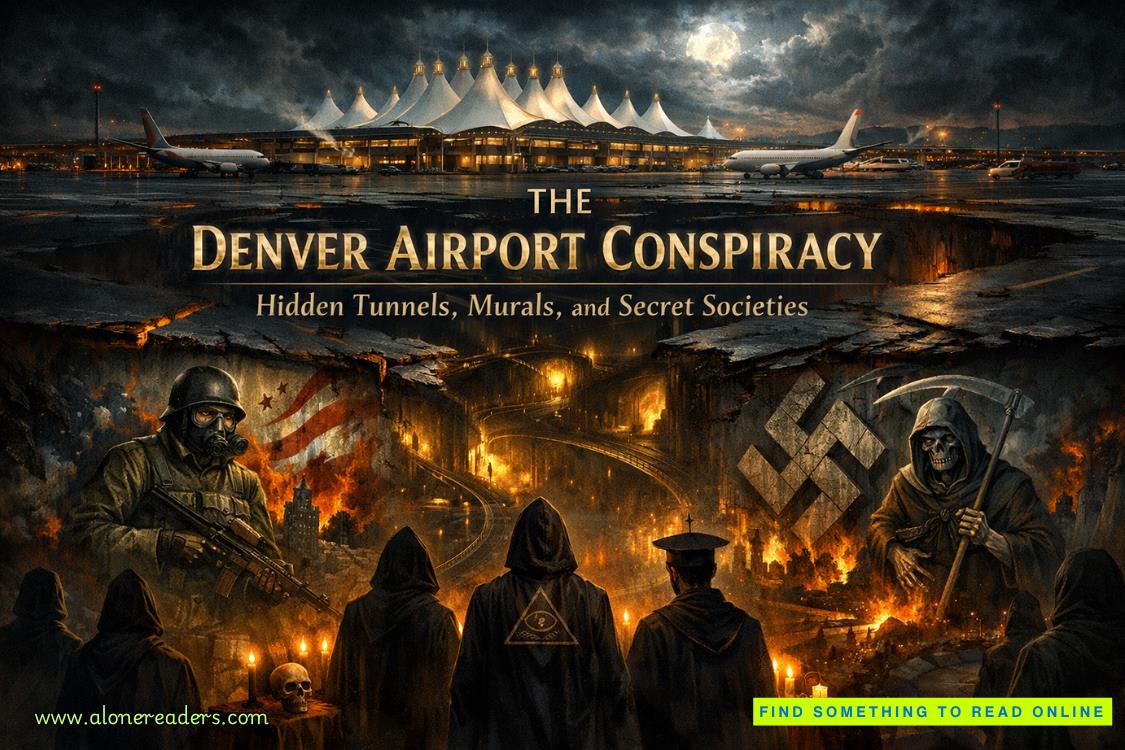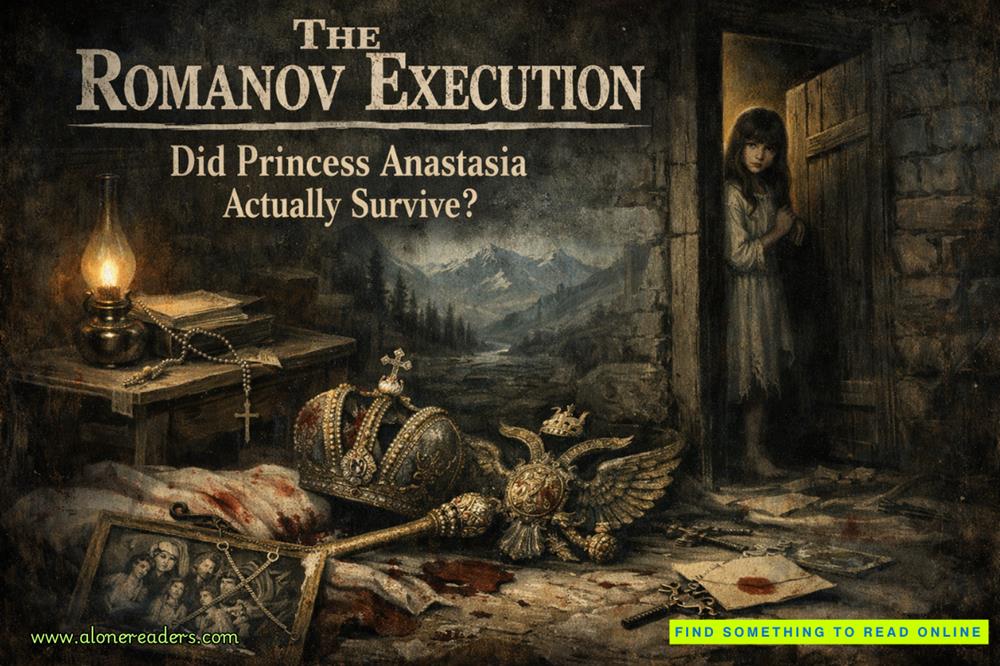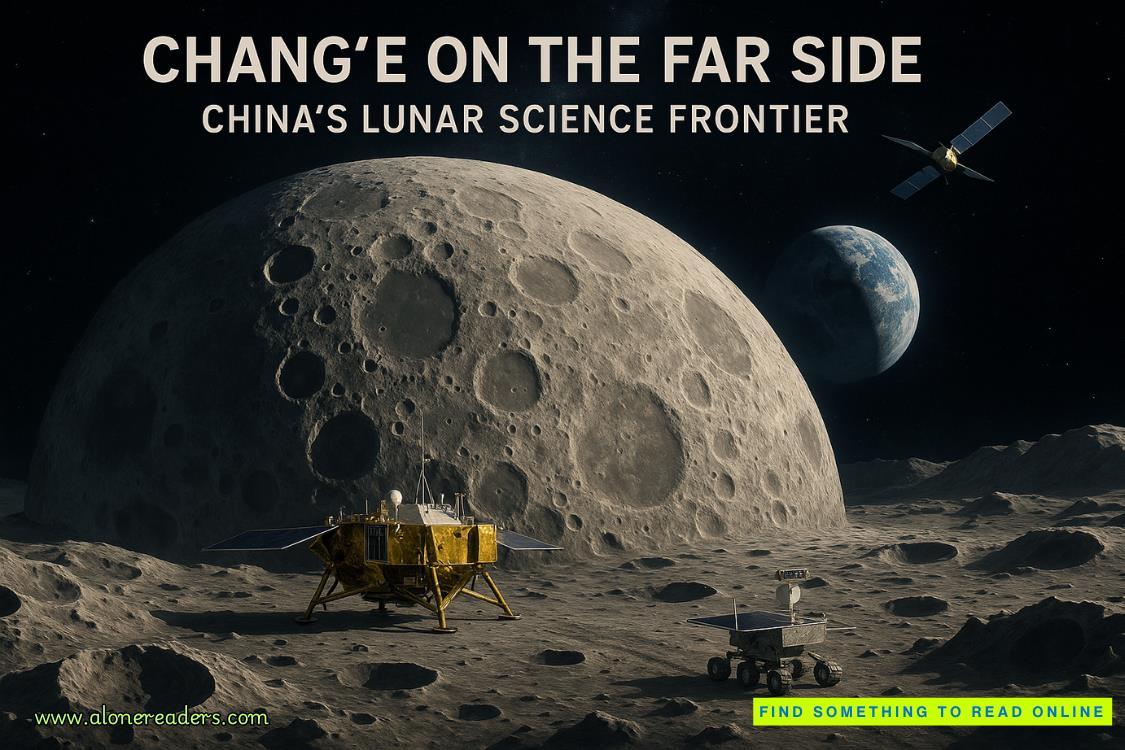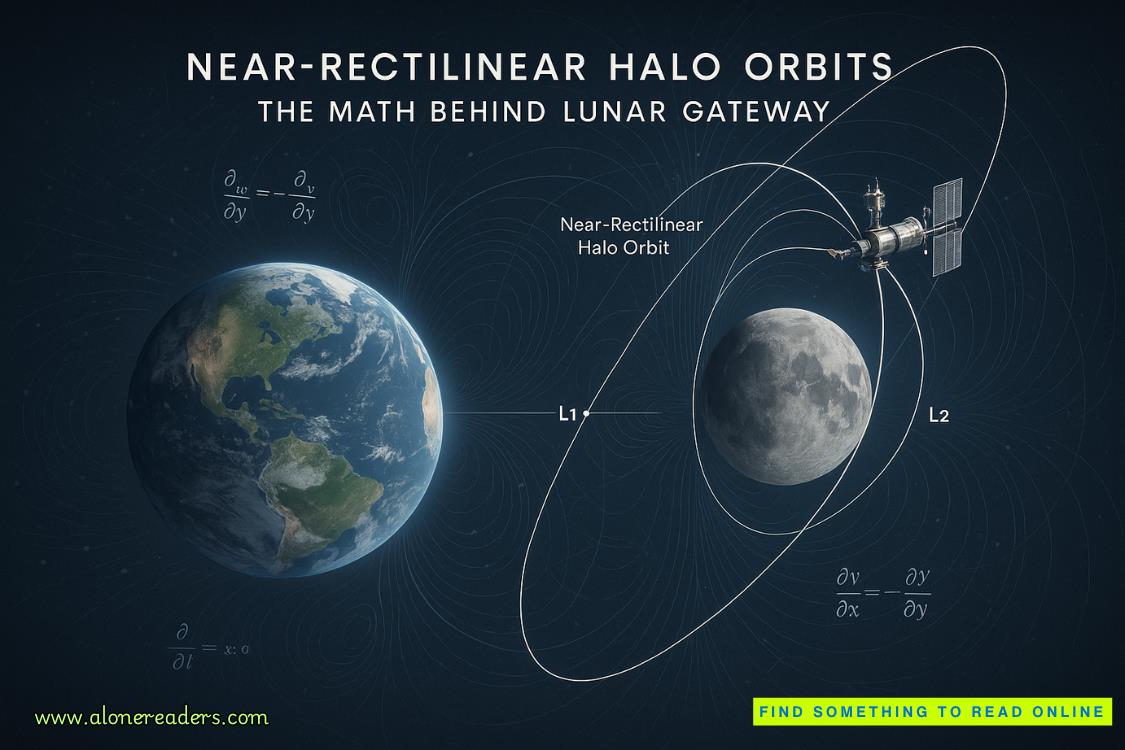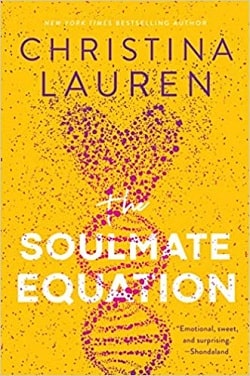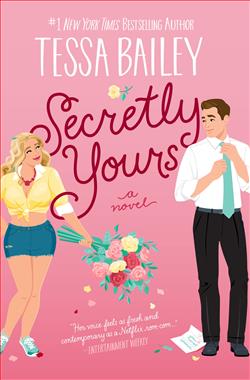"The training log." My voice wavered. "We should analyze the handwriting patterns, cross-reference with—"
"James." He caught my wrist and pressed his thumb against my pulse. "Stop hiding behind evidence."
"I'm not hiding. I'm trying to keep you alive. I can't—won't—watch you become his masterpiece because I let myself get distracted by wanting—"
"By wanting what?"
I gestured helplessly between us at the chaos we'd made of his military precision. At the marks we'd left on each other. At everything, I couldn't afford to acknowledge.
"This isn't sustainable. The case has to come first. Your safety has to come first."
"And after?" His fingers tightened fractionally on my wrist. "When we catch him, when this is over—what then?"
I pulled free, ignoring how my body ached at the loss of contact. "You're assuming we both survive that long."
"James—"
"I should go." I gathered my messenger bag, now spilling papers across his floor. "The trace evidence analysis should be done by morning. I'll send you the—"
"Don't do this." He stepped closer, still radiating heat. "Don't shut down on me."
"I have to." My voice cracked. "Because the alternative is admitting I want to stay. And I can't—won't—let that compromise your safety."
I made it to his door before his voice stopped me. "You're wrong, you know."
"About?"
"This is making us vulnerable." His words followed me into the hallway. "Some things are worth the risk."
I didn't look back. Couldn't. The stairwell's harsh acoustics swallowed my footsteps as I descended, each one an exercise in not turning around. My skin burned where he'd marked me, evidence I couldn't ignore.
The night air hit like a physical shock, and I smelled the metallic edge of approaching rain. A passing car's headlights caught the marks on my wrists—perfect impressions of Marcus's grip, already darkening to bruises I'd examine later with scientific precision.
The need to analyze everything was returning, filling the spaces where raw emotion had briefly taken control. Soon, I'd be back in my office, surrounded by evidence boxes and behavioral profiles. I'd lose myself in data until I could almost forget how Marcus had bent me over his couch and how his careful control had finally shattered.
Almost.
My phone buzzed—a text from Sarah about new trace evidence found at the gym scene. The mundane normality of it made me laugh, a sharp sound in the empty street. Twelve hours ago, Iwas preparing a presentation on burn pattern analysis. Now, my skin wore a map of what happened when discipline failed.
The bruises would fade. The case would progress. We'd maintain a professional distance because anything else risked missing crucial details that could keep Marcus alive. I'd focus on the evidence and patterns—dependable science that had defined my life before Marcus McCabe crashed through my careful walls.
But as I walked toward my car, and the ghost of his touch still burned against my skin, one truth remained impossible to analyze away: some part of me was already planning how to go back.
The scientist in me could explain the physical attraction—endorphins, adrenaline, the natural chemical response to danger and desire. The rest of me knew better. I knew that no amount of clinical distance could erase the way he'd looked at me.
I touched the marks on my neck, calculating the precise force required to break blood vessels beneath the skin. Tomorrow, I'd be Dr. Reynolds again, examining the evidence with professional detachment. Tonight, I let myself feel everything I'd have to deny in the morning.
The rain finally broke, soaking through my shirt. I didn't hurry to my car. The cold helped clear my head and helped rebuild the walls that would keep us both alive, but as I drove away, Marcus's words followed me into the darkness.
"Some things are worth the risk."
The scientist in me knew better. The rest of me wasn't so sure.
Chapter nine
Marcus
My turnout gear had melted in places, the edges fusing into shapes that would never quite come clean. Three hours of battling hell, and my body was paying the price. My arms were made of lead, my knees ached from kneeling in debris, and my lungs still hadn't adjusted to normal air. Even through my turnout coat, heat crawled over my skin like an itch I couldn't scratch.





